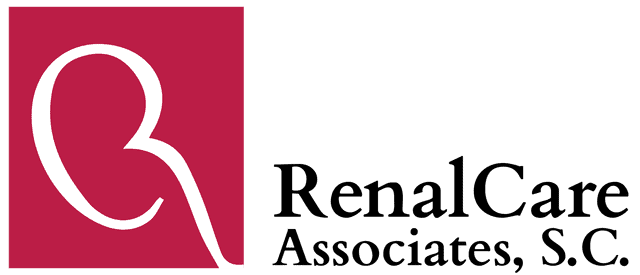Blog
We will provide leadership in nephrology and transplantation both locally and nationally.
- All
- Company News
- Patient Education
Free Kidney Screening Event with NKF Mobile Screening Unit
On March 15, Renal Care Nephrologists; Dr Mahathi Kalipatnapu and Dr Chandra Chaturvedula, along with the SBL Dialysis team and volunteers from throughout the organization offered free Kidney screenings to ...
New RCA Mattoon Office Opens
About a year ago, Sarah Bush Lincoln and RenalCare Associates developed a vision to bring full-time nephrology services to the Mattoon-Charleston community – beginning with dialysis and telenephrologist provide care ...
Relocation of our Geneseo Office
It is our pleasure to announce the relocation of our Geneseo office. Effective Tuesday, August 1st, 2023, RenalCare Associates, S.C. will be moving to: Hammond Henry Hospital – Specialty Suite ...
Quad Cities Nephrology
Quad Cities Nephrology Associates (QCNA) has completed a merger with RenalCare Associates. RenalCare Associates has nephrology physicians located in Peoria, Galesburg, Bloomington-Normal, Ottawa, and throughout Illinois. Together we will continue to ...
Dr. Johnson talk about the importance of education about and early detection of kidney disease
Click here to hear our own Dr. Johnson talk about the importance of education about and early detection of kidney disease.
